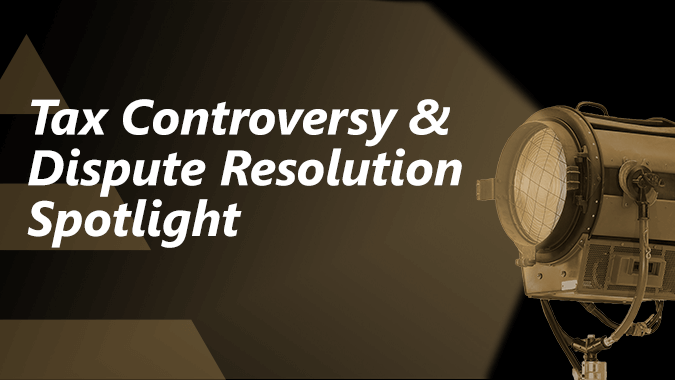
9 Factors Impacting the Taxation of E-Gaming Revenue
- Published
- Aug 1, 2019
- Share
Far more than playing for just bragging rights in the neighborhood, highly skilled individuals play globally for high stakes. For example, “The International” tournament—one of the industry’s marquee events— is staged annually by Valve Entertainment. Electronically battling for the title of DOTA 2, gamers compete for a prize pool in excess of $28 million.
There are other revenue streams involved, too. Content creators stream games to thousands of viewers who will pay subscription fees to view the action. And companies are lining up to sponsor e-gaming teams. To the average person, this may seem like it’s all in fun, but for those involved it’s a thriving business with significant tax consequences.
The first major hurdle in determining possible tax consequences is establishing if you are operating a business or partaking in a hobby. What’s the difference? Essentially, it is if you are acting in a manner toward making a profit or are just playing video games recreationally. To determine that key difference, we look at Internal Revenue Service Tax Code §183, Activities Not Engaged in For-Profit, and its reference to Treasury Reg. §1.183-2(b). This contains the nine non-exclusive factors in deciding whether a taxpayer operates an activity with an actual and honest profit motive:
- Manner in which the taxpayer carried on the activity.
- Expertise of the taxpayer or his/her advisers.
- Time and effort expended by the taxpayer in carrying on the activity.
- Expectation that the assets used in the activity may appreciate in value.
- Success of the taxpayer in carrying on other similar or dissimilar activities.
- Taxpayer’s history of income or loss with respect to the activity.
- Amount of occasional profits, if any, which are earned.
- Financial status of the taxpayer.
- Elements of personal pleasure or recreation.
The difference between operating a business or having a hobby could mean hundreds, thousands or even more in taxes depending upon the scale of activities. Why? Businesses can write-off expenses spent to generate revenue, while hobby activities cannot. This was further exacerbated with tax reform in 2017. Changes in the law removed the ability for taxpayers to itemize miscellaneous expenses subject to a 2% adjusted gross income floor. This previously let taxpayers with hobby income to deduct portions of their expenses, however, this is no longer the case.
As the e-gaming industry continues to grow, Uncle Sam is sure to take a closer look at its revenue impact. To best determine your activities classification, consult with your business advisor.
Contact EisnerAmper
If you have any questions, we'd like to hear from you.











